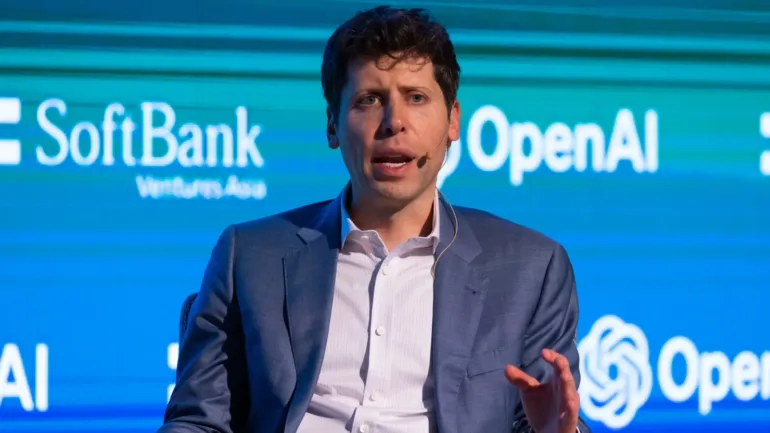OpenAI announced on Monday that it has raised $40 billion in a funding round that values the company at $300 billion, making it the largest capital-raising event ever for a startup.
The funding comes in partnership with Japanese investment giant SoftBank Group, providing OpenAI with the resources to push the boundaries of AI research further.
In a statement posted on its website, OpenAI explained that the investment would support the continued development of AI systems aimed at driving scientific discovery, enhancing personalized education, boosting human creativity, and advancing the pursuit of Artificial General Intelligence (AGI) for the benefit of humanity.
AGI refers to a computing platform capable of human-level intelligence, and SoftBank sees OpenAI as the closest partner in achieving this vision. The Japanese investment firm, which plans to initially invest $10 billion with the possibility of adding $30 billion more by year-end, emphasized the importance of advancing AI models and securing vast computing power to realize AGI and even more advanced Artificial Super Intelligence (ASI) that surpasses human intelligence.
OpenAI plans to use this capital to expand its infrastructure and improve the tools available to the 500 million people who use ChatGPT each week.
In a related development, the funding announcement coincided with OpenAI’s decision to develop a more open generative AI model. This marks a strategic shift for the company, which has long defended its closed, proprietary models, citing concerns about security and the potential for misuse by malicious actors or non-U.S. governments. OpenAI’s move toward a more open model comes as it faces increasing competition from Chinese rival DeepSeek and Meta in the open-source AI space.
Meta’s Llama models and DeepSeek’s recent R1 model, which allow companies to download and modify the technology for their needs, have become attractive to businesses concerned about data security and control over AI development. Meta CEO Mark Zuckerberg recently announced that Llama had surpassed one billion downloads, while DeepSeek’s R1 model gained attention for its affordability and capabilities.
OpenAI CEO Sam Altman acknowledged the shift, stating, “We’ve been thinking about this for a long time, but other priorities took precedence. Now it feels important to do.”
Despite these shifts, OpenAI has continued to enjoy success with its latest image-generation features in ChatGPT, which helped the AI platform add one million users in just one hour. Altman noted that the demand for the new image features had been so high that it caused significant strain on OpenAI’s graphics processing units (GPUs), which power the AI.
This funding round and OpenAI’s pivot toward more openness signify a new chapter in the company’s evolution, as it navigates increasing competition and regulatory pressures in the rapidly changing AI landscape.


